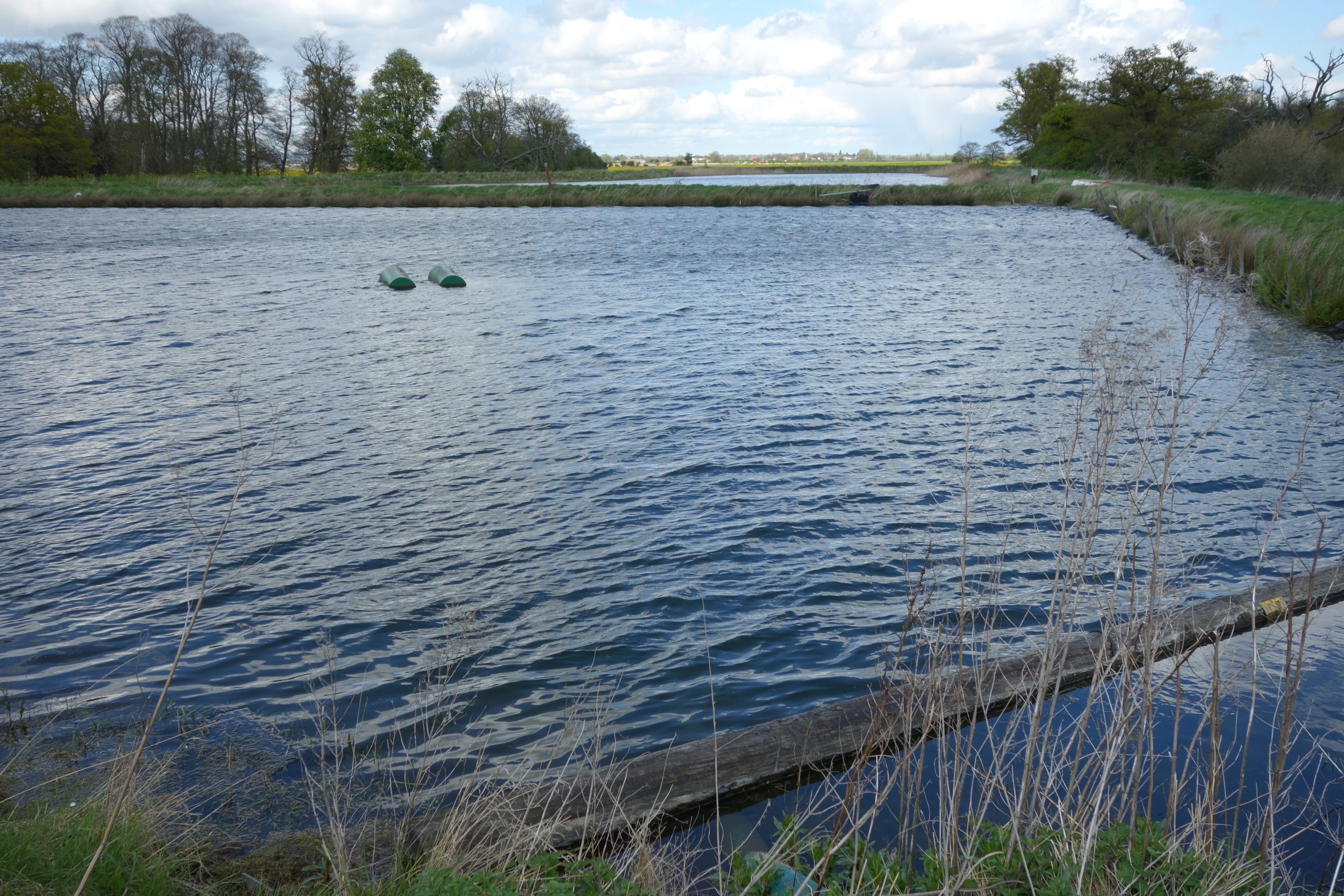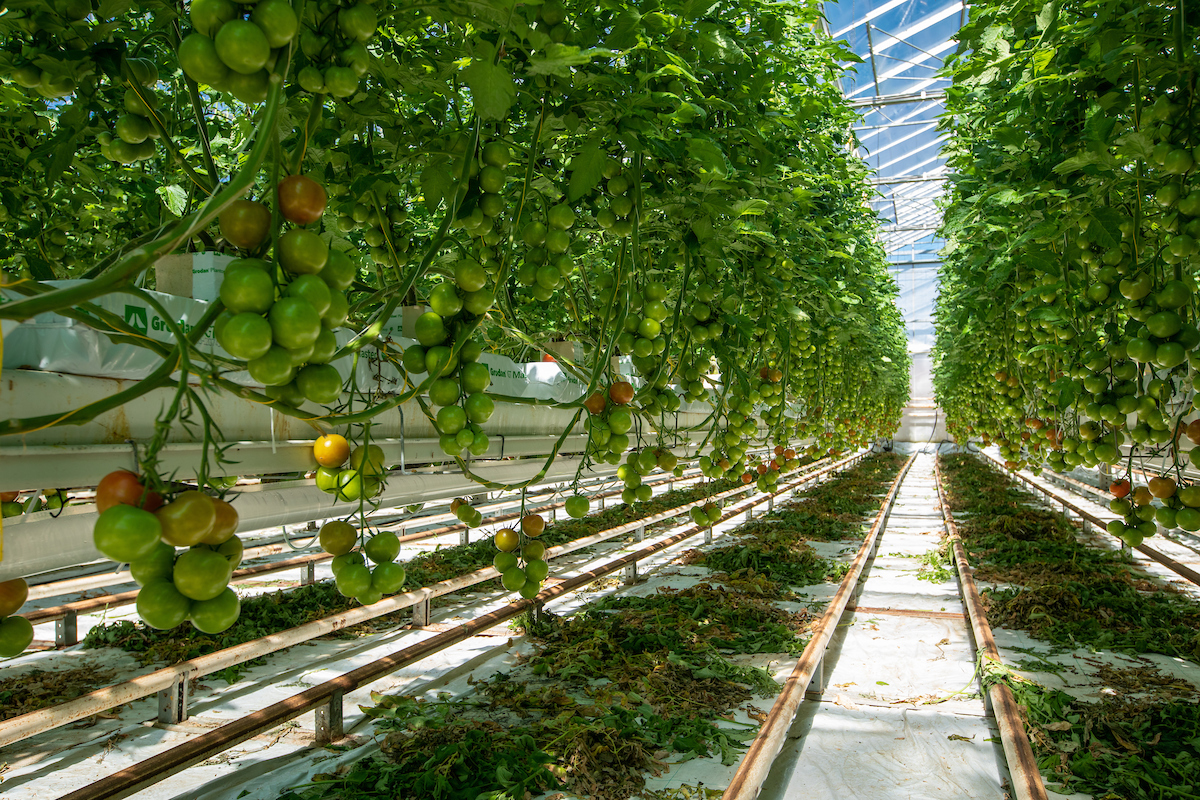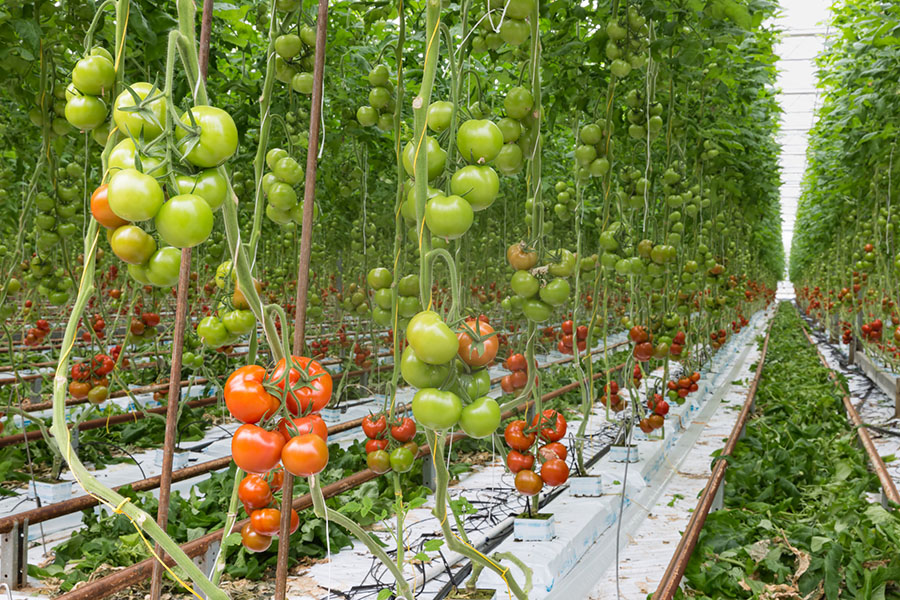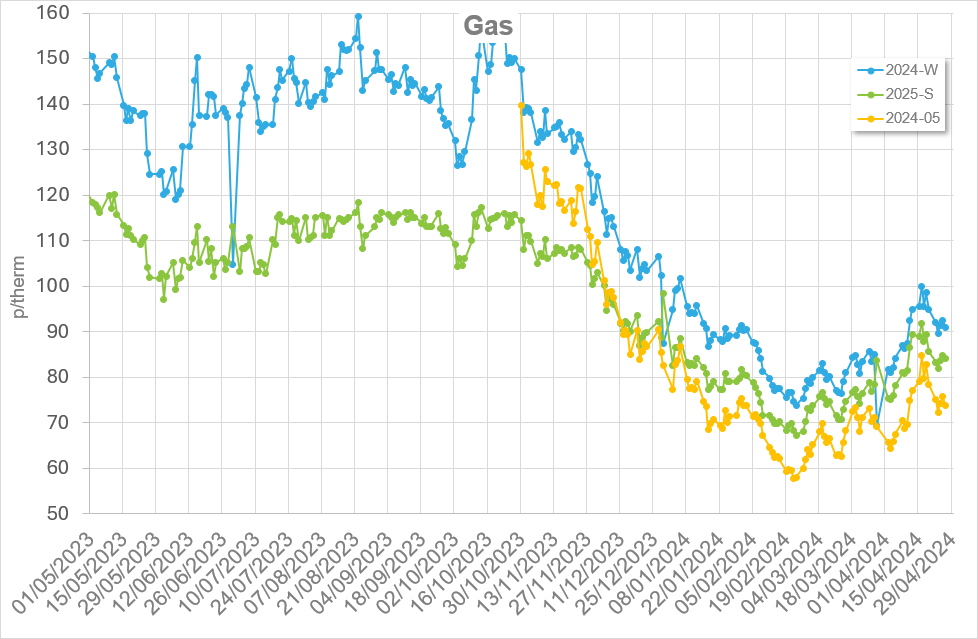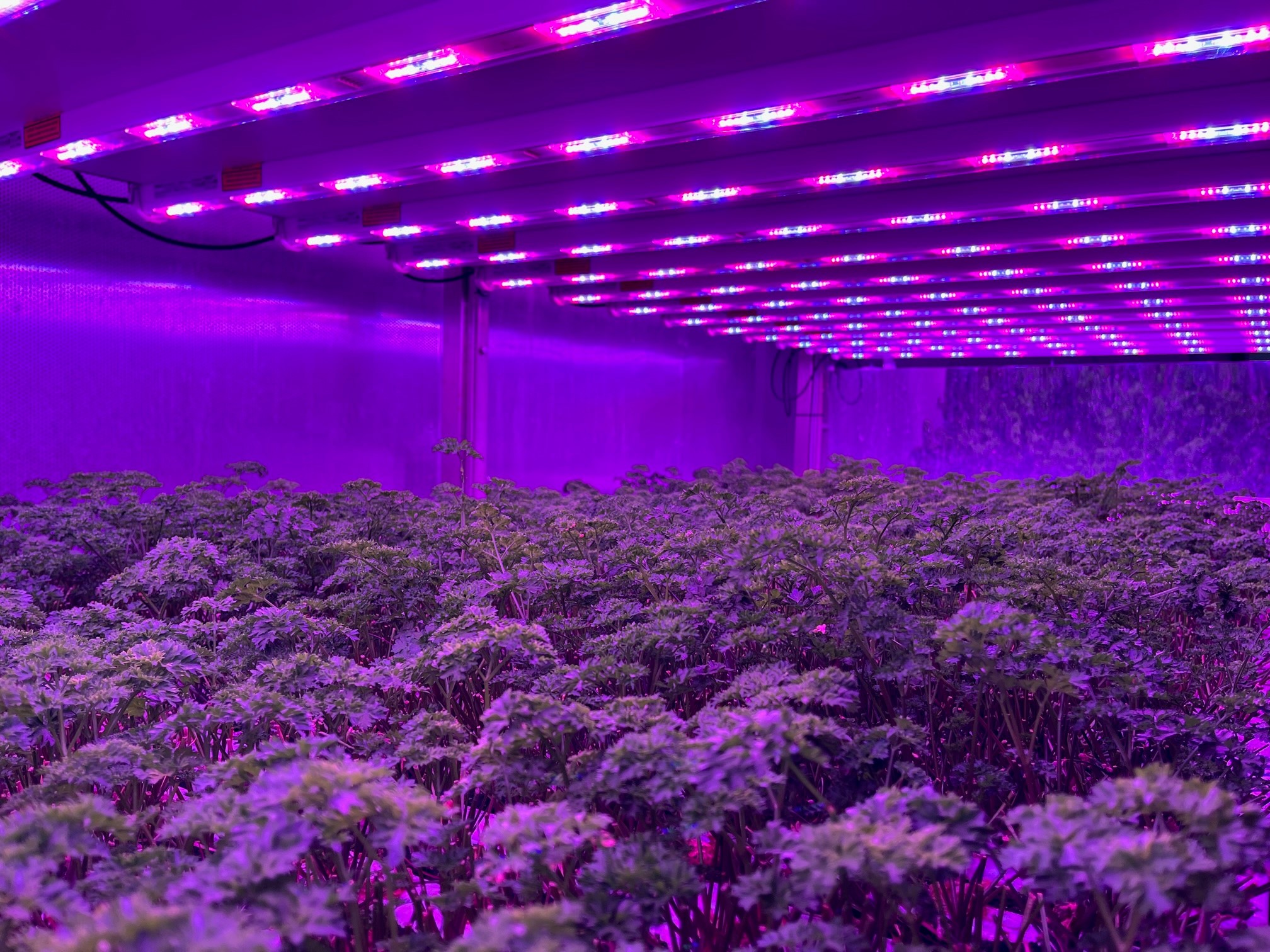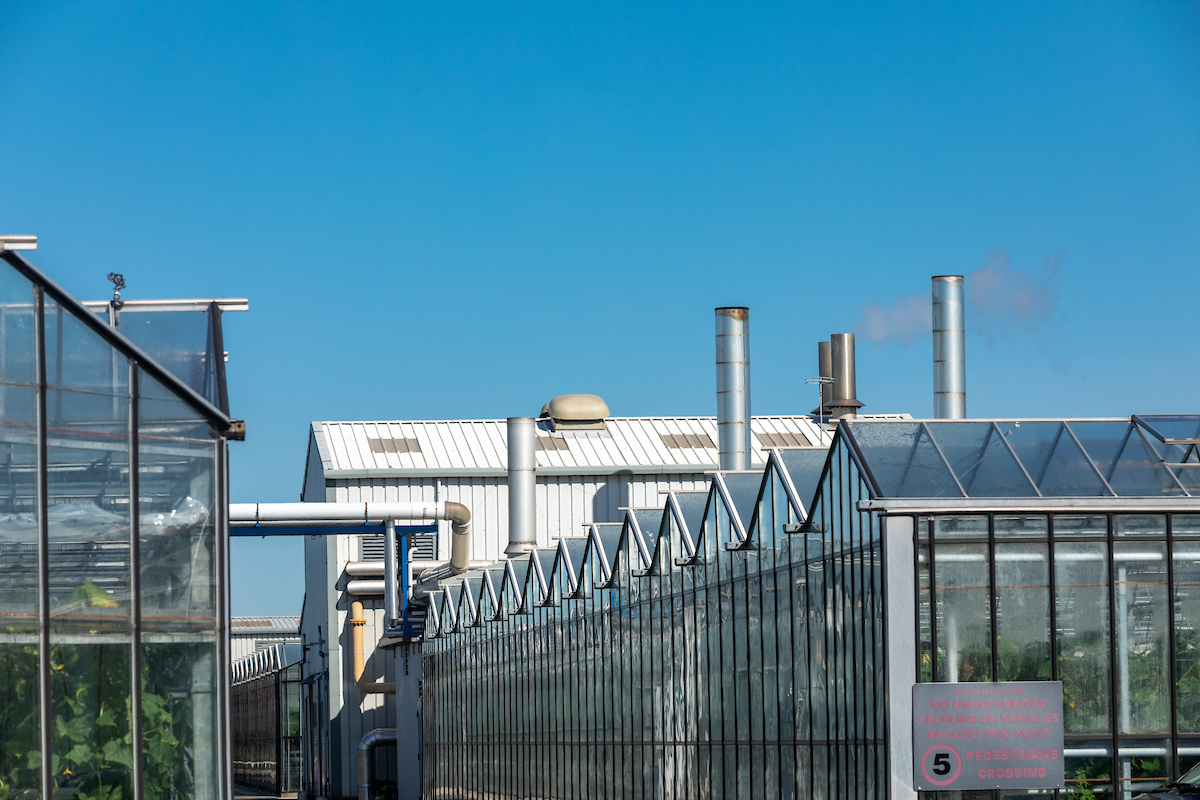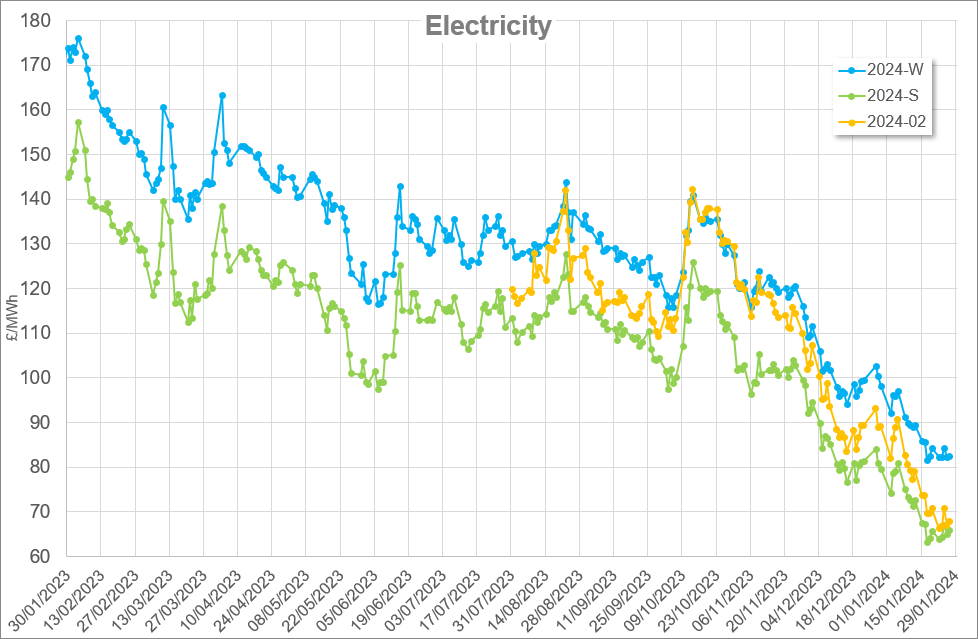First published 2010
Find out how fuel oil duty rebate works in practice, how it appears on your fuel bill, and its impact on the net cost of your fuel.
Quick links:
A significant cost saving
Horticultural businesses benefit from a rebate on the duty paid on fuel oils, whether to heat a building or growing medium, as long as it is used to grow produce.
This can be worth as much as 10.4p/litre of fuel. With the current price of gas oil being around 45p/litre this is clearly a significant saving.
However, there can be some confusion over:
- Which fuel oils are exempt
- Whether the price paid to a fuel oil supplier a) includes fuel oil duty and it has to be reclaimed from HMRC or b) automatically excludes it
Note: rates and costs used are correct as at April 2010.
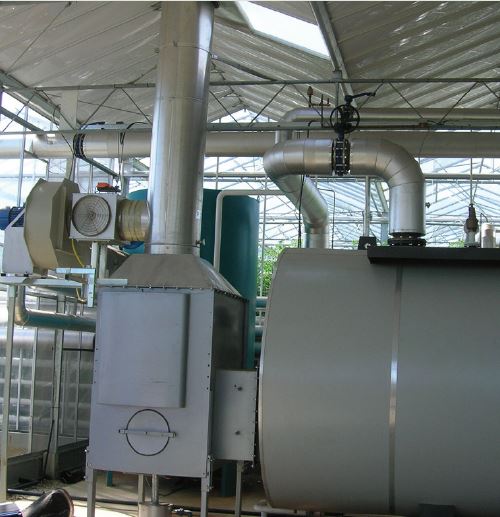
Fuel types and rates of duty
What are the rates of duty for different types of fuel and is duty included in the price you pay your supplier?
The current rates of duty paid on the fuel oils commonly used by growers are:
| Type of Fuel Oil | Type of Fuel Oil |
| Gas oil | 10.80 |
| Heavy fuel oil | 10.37 |
| Kerosene | 0.00 |
This is the amount of duty that should be included in the price paid to your fuel supplier – which you can then later reclaim from HMRC under the horticultural exemption.
The supplier must include duty in the price, so it is up to you to ensure you take advantage of this rebate afterwards for gas oil and heavy fuel oil.
Kerosene is the exception, being the only fuel oil which can be bought duty free if it is strictly for heating purposes. You may want to carefully check the bills from your supplier as unlike VAT, duty is not necessarily itemised. You may find that sometimes, suppliers add a duty of 10.8p to your supply price. This has probably happened because they don’t know you are using kerosene for heating, and you should clarify this with them.
Note: rates and costs used are correct as at April 2010.
Gas oil vs kerosene
A comparison of gas oil and kerosene in terms of cost and reasons for using kerosene over gas oil.
Which is cheaper?
If you have a quote for gas oil of 45p/litre and another for kerosene of 38p/litre, what is the cost per kWh of energy?
The energy content (kWh) per litre of oil is:
| Type of fuel oil | kWh/litre |
| Gas oil | 10.9 |
| Heavy fuel oil | 11.9 |
| Kerosene | 10.3 |
Gas oil:
- The cost per litre includes duty at the rate of 10.80p/litre
- Therefore the net cost = 45 – 10.8 = 34.2p/litre.
- 1 litre contains 10.9kWh so the cost per kWh = 34.2 / 10.9 = 3.14p/kWh.
Kerosene:
- There is no duty applied to kerosene so the net cost remains at 38p/litre.
- 1 litre contains 10.3kWh so the cost per kWh = 38 / 10.3 = 3.69p/kWh.
Although the above figures are just for demonstration, you will find that, in terms of the cost to you per kWh of energy, kerosene is always more expensive than gas oil in any situation as it is a much more refined, cleaner fuel.
Note: rates and costs used are correct as at April 2010.
Why would you use kerosene?
Kerosene burns much more cleanly than gas oil. As a result, if you allow the flue gases to enter a greenhouse there is little risk of a build-up of pollutants such as NOx and SOx, which could potentially cause crop damage.
The main applications for kerosene are:
- Where frost protection heating is required and where direct fired, flue-less blown air heaters are used.
- For CO2 enrichment when mains gas is not available.
The latest information about fuel oil duty can be found at www.gov.uk

